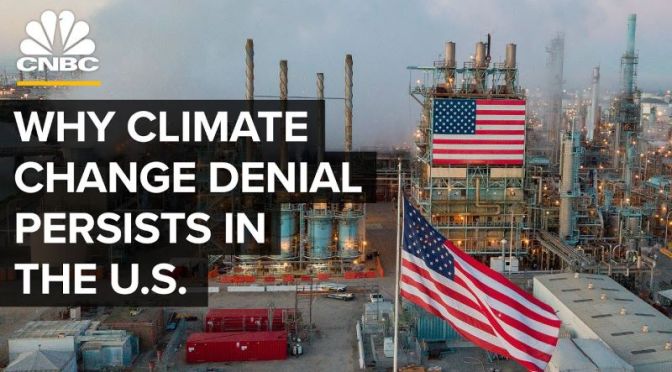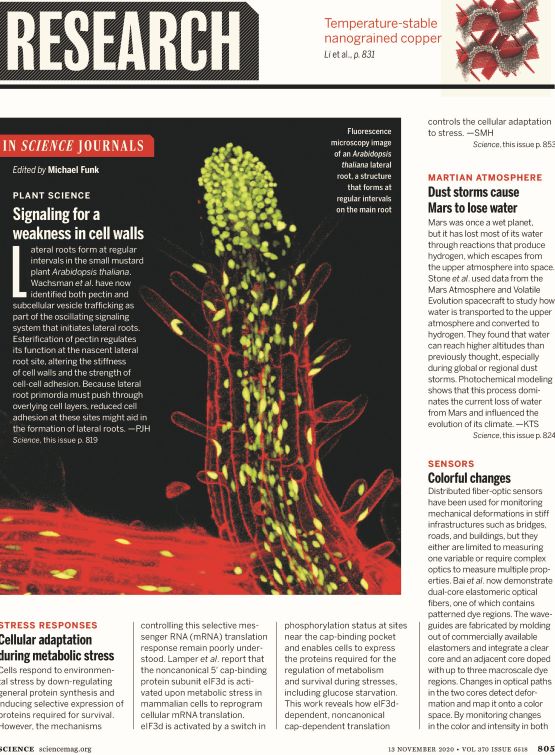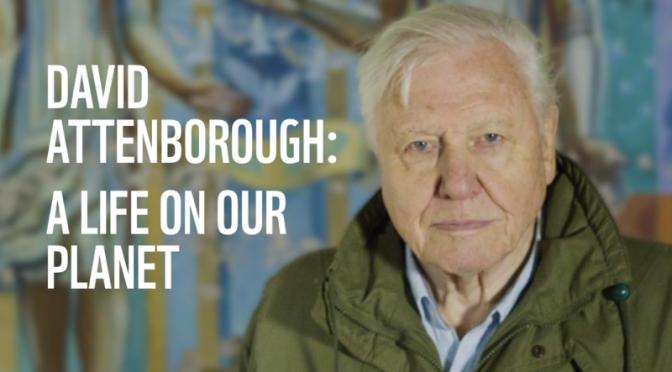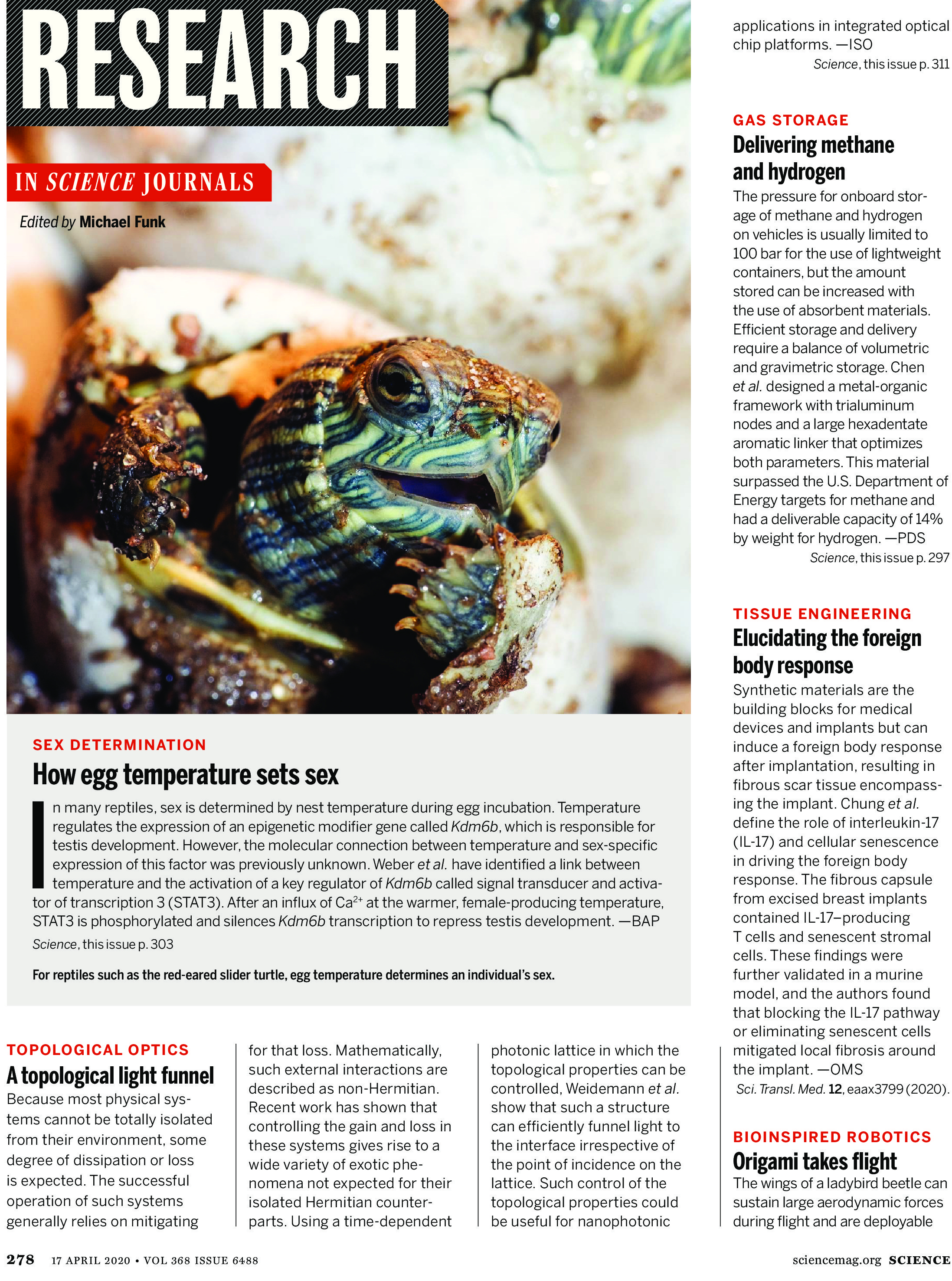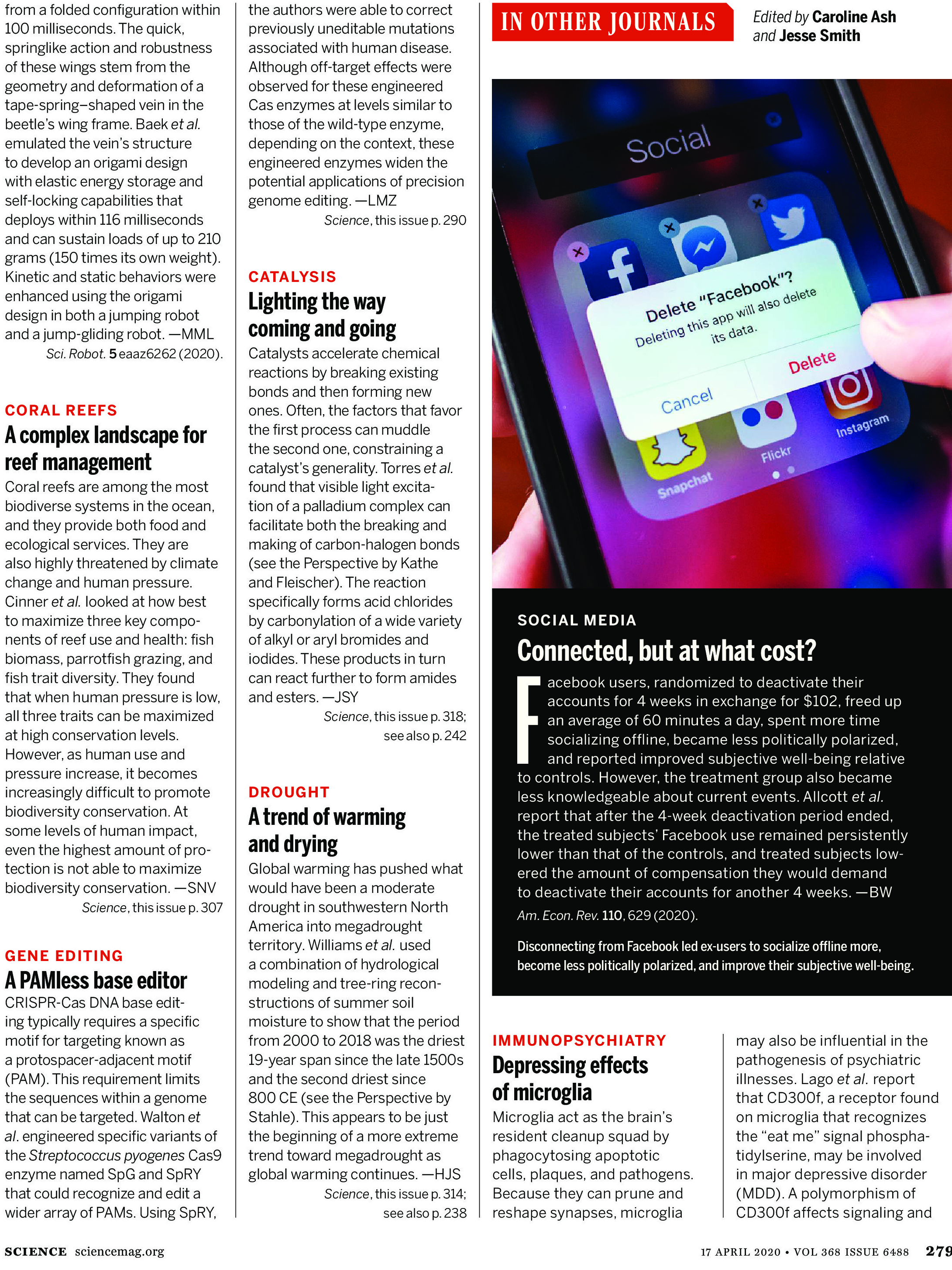Despite overwhelming scientific evidence, some American politicians continue to deny that climate change exists, while others question the severity of its impact. But public opinion is shifting, and today even oil and gas companies publicly admit that climate change demands action. So why does climate denialism continue to influence U.S. politics? Here’s a look into who is funding the movement, and why denial is mainly a U.S. problem.
Tag Archives: Global Warming
Oil & Climate Change: ‘The Economics Of Drilling In The Arctic’ (CNBC Video)
The Arctic is not a barren, frozen wasteland. It’s home to some of the most unique ecosystems in the world. More than this: it’s home to people. Those people are at the center of the controversy over drilling for oil in the Arctic. The Trump administration is now starting the formal process of selling leases in the Arctic National Wildlife Refuge to oil companies, according to the New York Times. The move comes after the Trump administration opened the refuge for oil drilling in August 2020. There are potentially billions of dollars in untapped oil and gas reserves in the Arctic. But, there is value in keeping the region untouched, too. The Arctic provides more than $281 billion per year in fishing, oil, mineral extraction, tourism and climate stabilization services, according to a preliminary assessment done in 2016 by environmental economist Tanya O’Garra, who worked at the Center for Research on Environmental Decisions at Columbia University at the time the research was conducted.
Science Podcast: Extreme Heat & The Human Body, Future Of Cooling Fabrics

This week the whole show focuses on keeping cool in a warming world. First up, host Sarah Crespi talks with Senior News Correspondent Elizabeth Pennisi about the latest research into how to stay safe when things heat up—whether you’re running marathons or fighting fires.
Sarah also talks with Po-Chun Hsu, assistant professor of mechanical engineering and materials science at Duke University, about the future of cooling fabrics for everyday use. It turns out we can save a lot of energy and avoid carbon dioxide emissions by wearing clothing designed to keep us cool in slightly warmer buildings than we’re used to now. But the question is, will cooling clothes ever be “cool”? Visit the whole special issue on cooling.
TOP JOURNALS: RESEARCH HIGHLIGHTS FROM SCIENCE MAGAZINE (NOV 13, 2020)
California Wildfires: How Climate, Government & Housing Fueled The Crisis
Wildfires are a fact of life in California but extent and devastation in the American West feel dramatic this year: More than 5 million areas of uncontrolled fires lead to incredible footage on the news & reports of orange skies in Oakland or San Francisco. The 2020 fire season has broken almost every record in terms of frequency and ferocity. We analyzed several factors like climate change, housing development and fire suppression & management to see what’s behind the largest and most destructive wildfires in the state’s history and what can be done to solve the worsening problem?
Video Interviews: ‘Sir David Attenborough – A Life On Our Planet’ (PBS)
Filmmaker Sir David Attenborough has been documenting the natural world since the 1950s. In his latest book and film, “A Life on Our Planet,” he offers a grave and alarming assessment about the climate crisis Earth is facing. The 94-year-old Attenborough spoke with William Brangham recently as part of our ongoing arts and culture series, Canvas.
Environment Videos: NASA Reports Rising Arctic Temps, Low Sea Ice In 2020
On Sept. 15, 2020, Arctic sea ice reached its annual minimum extent — the second-lowest on record. This summer, temperatures soared in the Siberian Arctic, and intense fires burned through peatland. The Arctic region is warming three times faster than the rest of the planet.
Environment: “NASA Looks Back At 50 Years Of Earth Day” – April 22, 2020 (Video)
It’s been five decades since Apollo 8 astronaut William Anders photographed Earth peaking over the Moon’s horizon. The iconic image, dubbed Earthrise, inspired a new appreciation of the fragility of our place in the universe. Two years later, Earth Day was born to honor our home planet. As the world prepares to commemorate the 50th anniversary of Earth Day, NASA reflects on how the continued growth of its fleet of Earth-observing satellites has sharpened our view of the planet’s climate, atmosphere, land, polar regions and oceans.

